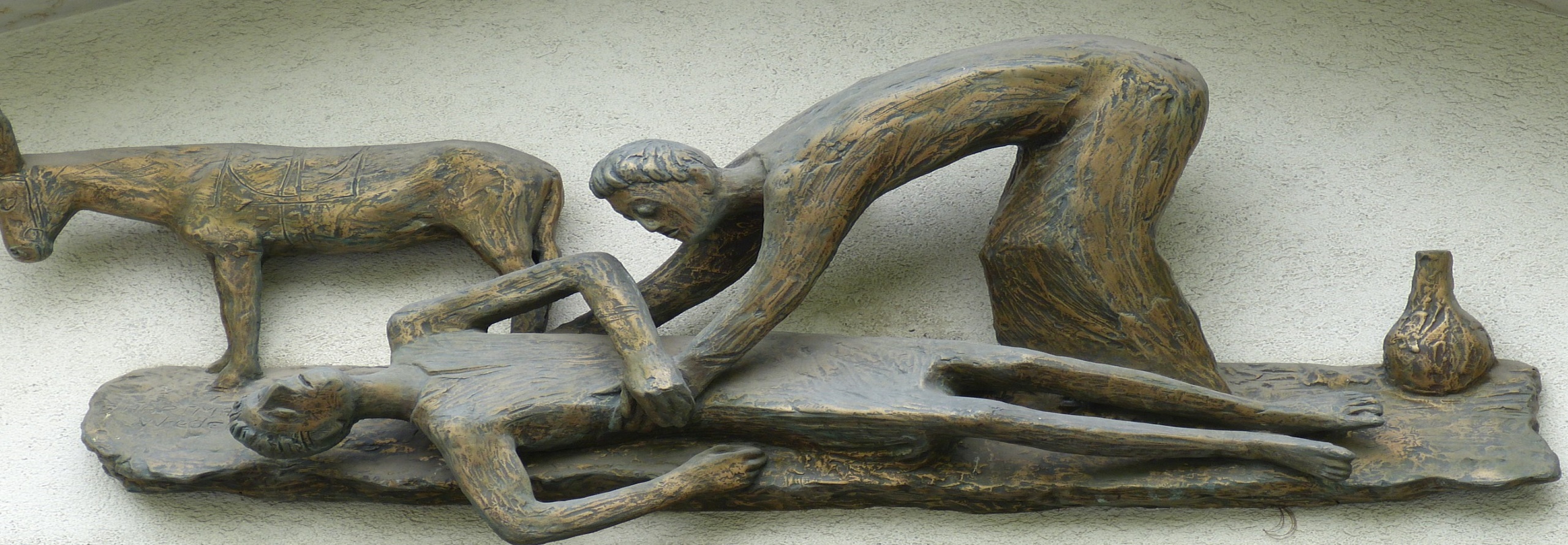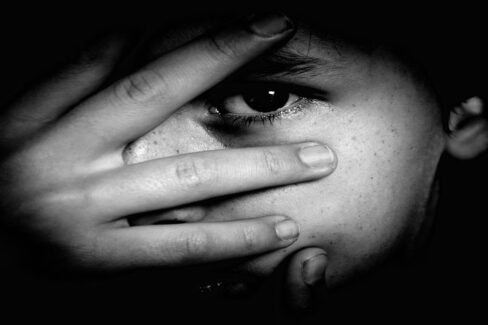An Act of Mercy or Murder Most Foul?*
I am going to talk about Assisted Dying and Euthanasia. In 2001, the Netherlands made voluntary Euthanasia legal. However, in 1973, a doctor and daughter, Truus Postma, helped her elderly and terminally ill mother to end her life and was put on trial. This resulted in a debate among the citizens of Holland and after a national campaign, Voluntary Euthanasia became legal.
Since then, several countries and some states of the USA have also legalised Assisted Dying providing you are terminally ill with just six months to live.
Animals who have a poor quality of life and are in pain are euthanised – it is seen as an act of compassion for a beloved pet. So why does the same kindness not apply to us human beings?
Religion has a big part to play in it and suicides in earlier times were not allowed to be buried on consecrated ground. Suicide was seen as a violation against the God who created human beings. Eastern religions have a slightly different bent in that they believe in order to reach immortality we need to go through cycles of life and death via reincarnation. Any interference with this cycle causes disruption of the ultimate goal of achieving that immortality. Furthermore it is seen that you should not cause harm, even to yourself.
I was therefore quite surprised to learn that Portugal, where the population is 90% Catholic has voted for Assisted Dying.
For many years medical practitioners have helped patients to die, but kept it secret. I don’t mean doctors like the serial killer Shipman, who benefitted financially from their patients and who killed them without their consent, but doctors driven by compassion for their dying patients. Patients too, have chosen to take their own lives when their pain becomes unbearable.
Death is a natural part of life and the grim reaper comes for us all. So if a patient is in agony and wants to escape their pain surely to be helped to die is humane?
I actually have watched Assisted Dying on TV programmes. Dignitas in Switzerland provides this service, but they have to video their client actually picking up and drinking the poison to prove no coercion was involved. The person I watched on TV did do this and it must have caused momentary discomfort as he asked for water before becoming unconscious. The problem I have with this is that you have to keep your trip to Switzerland secret and have to travel there when you are still mobile, thereby dying earlier than you would have chosen to. You die in a sterile flat in Switzerland not in your own home surrounded by your friends and family. Besides, whoever helped you to get there might face prosecution on their return.
However, in the state of Oregon in the US, the terminally ill can request a lethal dose of barbiturates which is administered whenever they decide that dying is preferable to living. One of the people I watched on the programme actually had a Christmas party before they took the lethal overdose. Imagine dying listening to the strains of Jingle Bells than dying, drugged to the eyeballs in nappies in a hospital bed? There is nothing dignified in the latter.
Medical practitioners will tell you that often a good death is not possible and Sarah Jarvis, a UK GP, had tears in her eyes when she stated that however hard they try, a painless natural death is not always possible.
So you might argue that if drugs and medical interventions help us to live longer, healthier lives, then when there is no hope of recovery, why not use the same to end life? Of course, it must be the wish of the dying and the person must be in full control of their mental faculties when the decision is made.
I should also point out here that there is a subtle difference between Euthanasia and Assisted Suicide. In the former, a physician can administer a lethal drug, whereas in Assisted Suicide the physician can provide the drug, but the patients have to administer the drug themselves.
There are many arguments for and against Euthanasia or Assisted Dying. The arguments for it are that it should be the individual rather than the State that determines how and when life ends. However, palliative care might be an alternative that some might not have considered fully and having a prescription that allows you to end your life might be seen as the medical profession giving up on you. Also, the patient may choose to end their life in order not to prolong the suffering of relatives rather than thinking of themselves and what they really want.
Currently, a bill is being debated in the UK and the Medical governing bodies such as the British Medical Association have removed their previous objections to Assisted Dying, so hopefully it will be legalised.
Each of you will have to decide for yourself, but for me Assisted Suicide is an act of mercy and a means of not prolonging the inevitable.
*This article was written by ‘The Common Sense Therapist’, a retired psychologist who lives overseas and wishes to remain anonymous. She has many decades of experience in dealing with various people and aspects of psychology, and is a great source of enlightenment on many things in life.









